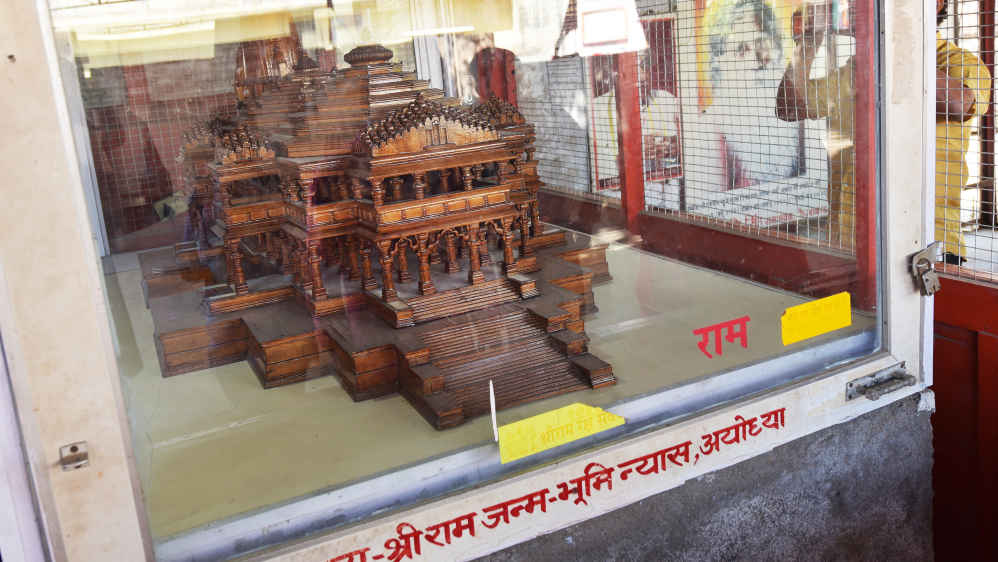Asking for contributions to build a temple is not prohibited. The response to the request depends on personal choice and faith. But when the president of a secular country donates over five lakh rupees at the beginning of a drive to raise funds to build the Ram temple in Ayodhya, choice and faith cannot remain personal or private. That the Shri Ram Janmabhoomi Teerth Kshetra Trust had its affiliates launch a nationwide quest for contributions with a donation from the “first citizen” was an exhibition of the drive’s legitimacy, an entitlement above question. Contributions in the cause of faith lose their constitutional innocence — the right to freedom of religion — in certain historical contexts. The Ram temple — the Supreme Court having decided the land dispute — cannot yet be thought of without remembering the demolition of Babri Masjid and its aftermath. While the Trust has been formed by the government, the drive to raise funds is being spearheaded by leaders of the Vishwa Hindu Parishad and the Rashtriya Swayamsevak Sangh, whose goal is a Hindu rashtra. That the president of India contributed to it — it must have been a carefully judged decision — is a serious blow to secular ideals.
Secularism requires that political leaders, public service officials and foremost government personages maintain a distance from religious spaces and rituals in public. This principle had been violated earlier, but now, under the aegis of the Bharatiya Janata Party, fidelity to the majority religion is becoming the marker for loyalty to the country. While other secular countries are striving to separate not just the State but also public institutions from religion — many schools have dropped morning prayers and good wishes for Christmas have changed to wishes for happy holidays — Narendra Modi’s India is bent on identifying the State with the majority religion. The president’s contribution to the Trust comes after the prime minister laid the foundation of the Ram temple at a time when people were dying in the pandemic. It is no surprise, therefore, that the chief minister of Madhya Pradesh should call this a ‘national’ temple. As in West Bengal, where elections are imminent, so elsewhere, contributing to the trust may be seen as loyalty to the BJP and Hindutva. Secularism can be gradually dismantled by actions of the ruling government while its principles remain untouched on paper.










